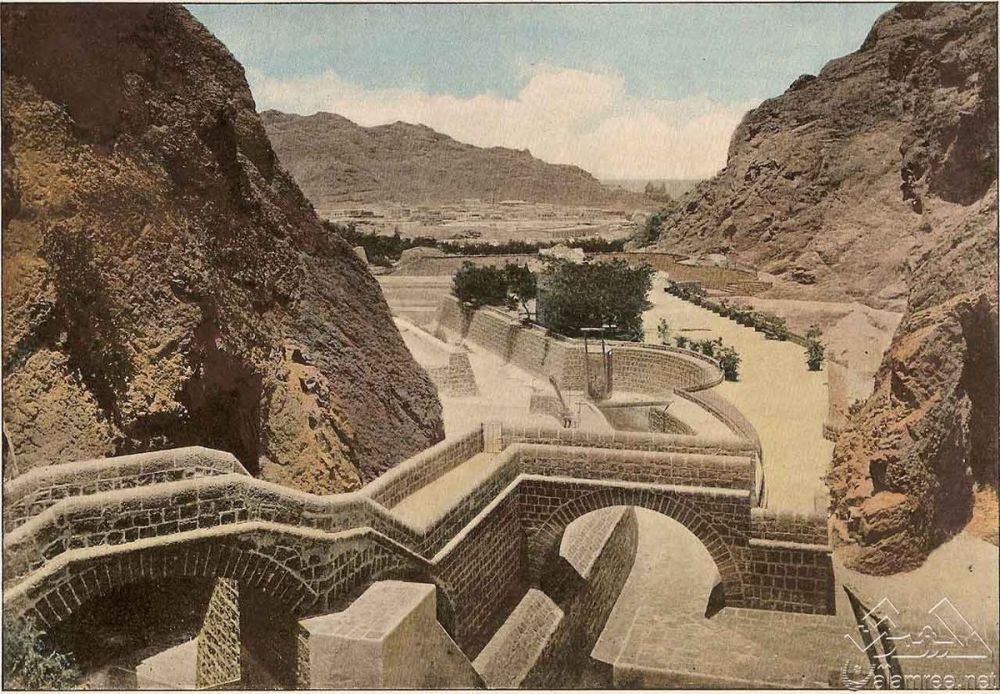

The Tawila Tanks in Aden are a historical reservoir system that dates back to the Himyarite period around 1st century AD. These tanks have long served the inhabitants of Aden, with water being a precious commodity in such an arid region. The food history of Aden is deeply intertwined with its position as a historical port city. It has been a melting pot of different cultures and cuisines, infusing Indian, African, and Ottoman influences into its traditional dishes. While the cow (beef) is not commonly used in Yemeni cuisine due to local preferences and religious practices, there is an extensive selection of other meats, seafood, and vegetarian options deeply flavored with aromatic spices and herbs. Due to Yemen’s location along ancient trade routes, spices have long played an important role in its culinary culture.
Address: Al Mansoora, Aden
Famous For: Fresh seafood platters, especially Mashwi (non-veg)
Address: Khormaksar, Aden
Famous For: Traditional Yemeni dishes such as Salta and Zurbian (non-veg)
Address: Tawahi, Aden
Famous For: A variety of coffees and Bint Al-Sahn for dessert (veg)
Address: Crater, Aden
Famous For: A wide range of Yemeni sweets and pastries, including Bint Al-Sahn (veg)
Please note that addresses in Aden can be difficult to pinpoint due to the informal nature of the city's addressing system. It's best to ask locals for directions to specific restaurants.